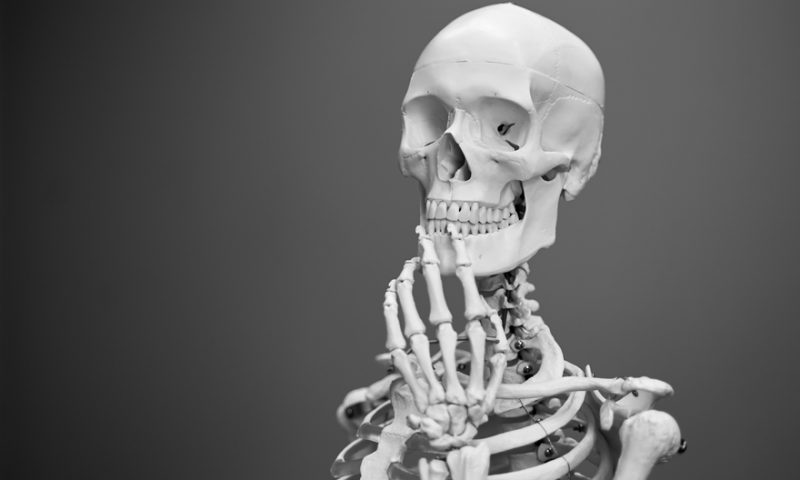Mereo BioPharma is teaming up with Ultragenyx to work on its rare genetic bone disease drug.
Worth $50 million upfront and with modest biobucks of up to $254 million on the table, the R&D collab and licensing deal focuses on setrusumab in osteogenesis imperfecta (OI), a rare genetic disorder marked by fragile bones and reduced bone mass resulting in bones that break easily, loose joints and weakened teeth.
Setrusumab works as a fully human monoclonal antibody that inhibits sclerostin, a protein that acts on a key bone-signaling pathway and inhibits the activity of bone-forming cells. It is currently in mid- to late-stage testing.
Under the deal, Ultragenyx leads and funds development to approval, while Mereo retains commercial rights in Europe. Ultragenyx has sales rights in the U.S. and the rest of the world.
Recent data out of a phase 2b by Mereo showed a dose-dependent increase in bone formation, density and strength in adults with OI. As part of the deal, the new partners will now also look to boost the drug’s trial work in children.
“Setrusumab is a great complement to Ultragenyx’s product portfolio and enables us to leverage the broad expertise and infrastructure we have established in metabolic bone diseases with Crysvita,” stated Emil Kakkis, M.D., Ph.D., CEO and president of Ultragenyx.
“Most importantly, setrusumab is a promising option for patients with osteogenesis imperfecta, which is one of the most common genetic bone diseases associated with frequent bone fractures.”
Mereo has had an interesting few years: It canceled its expected IPO last year to tie up a reverse merger with OncoMed.
Through that merger, Mereo got its hands on OncoMed’s cancer drugs—including anti-TIGIT etigilimab, coming out of a collaboration with Celgene—as well as a U.S. base in Redwood City, California, a number of OncoMed employees and navicixizumab, an anti-DLL4/VEGF bispecific antibody being tested in ovarian cancer.
Ultragenyx, meanwhile, had a tough end to the year: In late October, the biotech paused dosing in a phase 1/2 trial of a rare disease drug after patients temporarily lost the ability to walk. All subjects had lower extremity weakness after receiving antisense oligonucleotide GTX-102, leading Ultragenyx to pause the study and plan to amend dosing.
Things picked up in December, however, after announcing positive early findings out of an Angelman syndrome test and after rival Ovid tripped up in the same setting.

